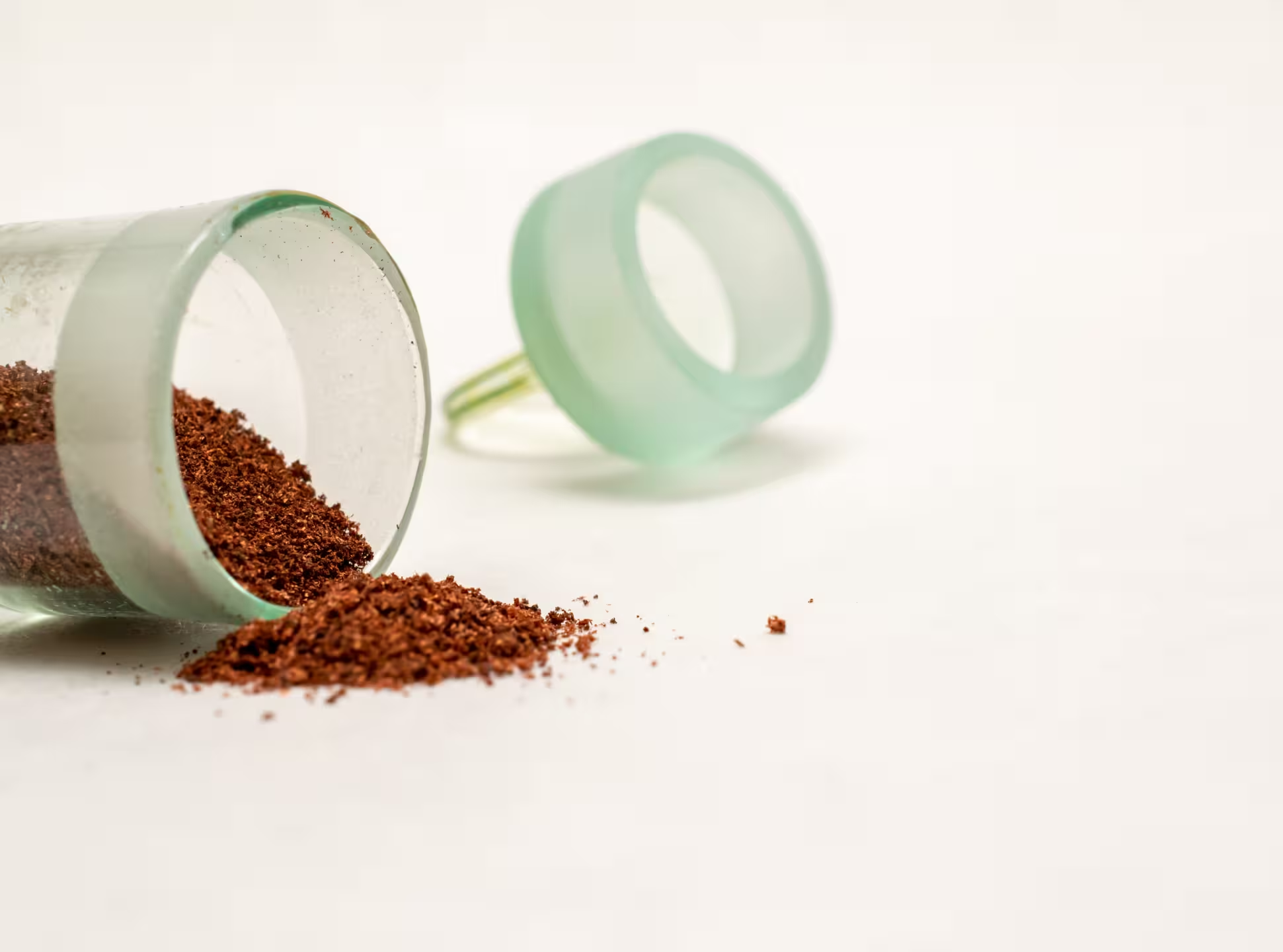Sleep is critical to overall health and allows the body to repair and recover overnight. The days of “I’ll sleep when I am dead” are over, and we now recognise that sleep plays a crucial role in allowing us to perform at optimal levels. Elite sport stars such as Cristiano Ronaldo prioritise sleep as they understand that high quality sleep will help allow them to prolong their careers.
What factors can impact my sleep?
Poor Sleep Hygiene
Using screens late at night can hugely impact your sleep. Exposure to unnatural light such as mobile screens, TV or even street lights can impact your sleep.
Stress & Worry
If you have a busy mind or find that you are in constant flight or fight mode, your sleep will be impacted. Check out how you can improve your sleep below.
Hormonal Changes
As we age our bodies don’t generate as much melatonin (a hormone that supports sleep).
During and after perimenopause, women’s estrogen (a key hormone for sleep regulation) production is downgraded
Elevated cortisol makes the body think it needs to fight a tiger, this often results in waking early and not being able to get back to sleep.
Shift Work
Shift work can negatively impact your circadian rhythm – this is the bodies way of understanding when it is time to sleep or awake. If you travel frequently, time zones can also have an impact on your circadian rhythm.
Nutrient Depletions
Modern life depletes us, precursors to melatonin and magnesium deficiency can result in distrusted sleep patterns.
Blood Sugar Dysregulation & Weight Gain
Sleep disruption can create an imbalance that promotes overeating and weight gain. This includes reduced glucose tolerance and insulin sensitivity, and an imbalance between hormones that make you feel full and hormones that induce hunger.
Inflammation
Insufficient sleep may activate inflammatory pathways, further contributing to weight gain and poor health.
Babies
New-born sleep patterns disrupt sleep for parents, especially breastfeeding mother’s.
How can I improve my quality of sleep?
No Screentime Before Bed
Consider reading for the final hour and use blackout blinds to reduce impact of street lights which can also help you to remain asleep in the mornings.
Breathwork
Consider breathwork to address stress and worry, Buteyko breathing and NDSR are two techniques that are scientifically proved to reduce stress and induce higher quality sleep.
Eat Protein
Ensure you are eating adequate protein, eggs and other proteins sources are high in the precursors to melatonin.
Supplements
Consider a high-quality magnesium supplement, ideally glycinate form which supports the nervous system, improves sleep, and helps with overall energy.
Vitamins
B- Vitamins support the nervous system which can support both hormonal and stress responses.
Reduce Sugar Intake
Reduce sugar intake, stop eating at 8pm at night which helps the body to recover at a cellular level as they is less focus on digestion as you sleep.
Keep Active
Exercise, ideally in nature is proven to reduce inflammation and support sleep.
Limit Coffee Intake
Reduce coffee and do not drink caffeine after 12PM. Caffeine negatively affects sleep cycles, genetically 50% of us are slow coffee metabolisers which means there is still coffee in our system when we go to bed. Adding L-Theanine to coffee can help to reduce gitters.
Herbal Tea
Consider herbal teas such as valerian, chamomile, or passionflower teas, some brands have specific sleep formulas.
Still Struggling to Sleep?
If you are struggling to get to sleep, play your day back in reverse order, this can aid your sleep cycle.
At Celtic Sophia we have coaches to help you get your sleep back on track, you can make a booking with a member of our team. We also have a dedicated section to sleep and we will include all the peer reviewed studies if you would like to review in more detail.
Share this blog
You may also be interested in
Evergreen Recommends
Facial hair in a 27-year-old female may indicate hormonal imbalances, such as elevated androgens, often linked to conditions like[…]
Supplement for Chronic Pain
Chronic pain is a persistent pain condition lasting longer than three months, affecting daily life and well-being., Omega-3 fatty[…]

Copper
After a very energising Mind Body Experience in the RDS Dublin in September 2024, several important discussions around complex[…]

Comments are closed